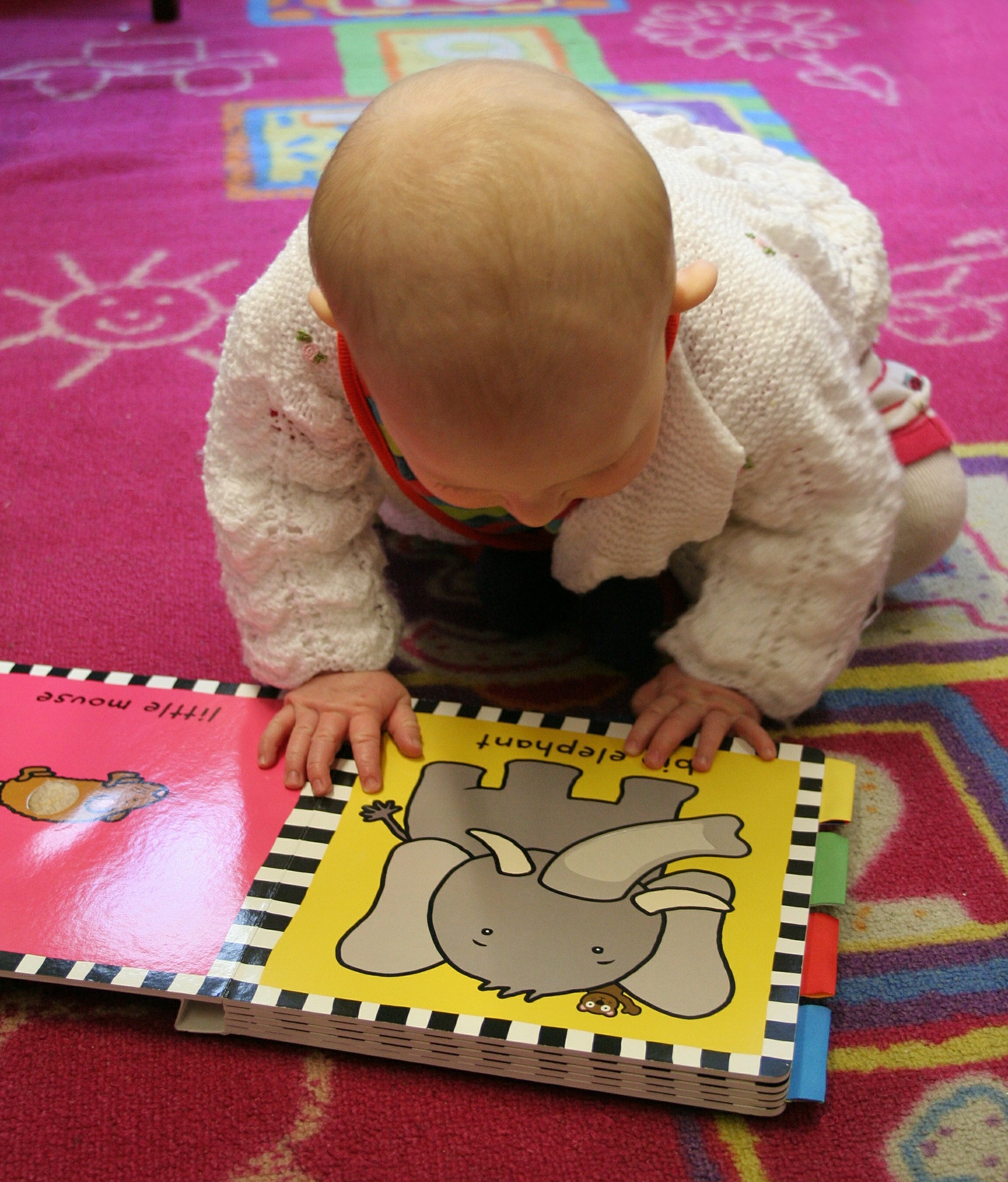Search
Trial of new vaccine that could provide women with additional protection against Human Papillomavirus (HPV) types known to cause cervical cancer.
Perth researchers are calling for help from Perth toddlers and their parents to participate in a new project that aims to reduce the number of injections
Perth researchers have begun a trial to test the effectiveness in children and seniors of a new vaccine to protect against the potentially deadly bird flu.
Perth researchers are about to trial a new vaccine that could potentially provide protection against the most common form of meningococcal
High rates of recurrent infection are a major risk to the health of Aboriginal children and are comparable to those of third world countries.
STopping Acute Rheumatic Fever Infections to Strengthen Health (STARFISH) brings together a diverse and multidisciplinary research team to investigate the most effective environmental health initiatives (EHIs) aimed at reducing Strep A infections and prevent Acute Rheumatic Fever (ARF).
As Head of Aboriginal Research Development at Telethon Kids, Glenn Pearson believes his work brings us closer to identifying the real and whole Australian story

Head, Vaccine Trials Group

Measles is a highly contagious infectious disease that can cause severe, long-term complications in children.
Monkeypox virus (MPXV) has been linked to vertical transmission, but systematic data are scarce. We aimed to describe the sociodemographic, clinical, and virological characteristics and assess the frequency and determinants of adverse outcomes in pregnant women with MPXV clade I infection.
